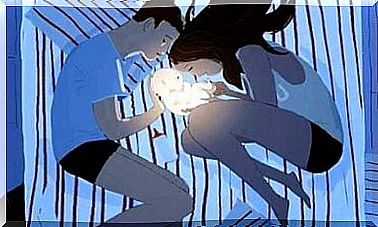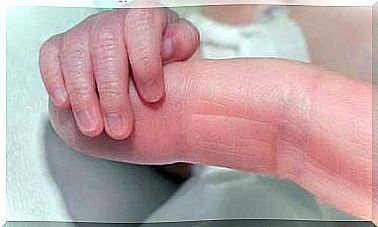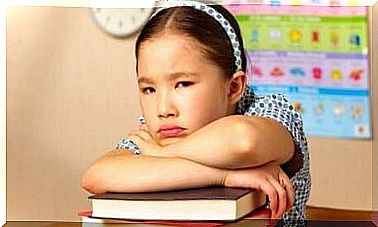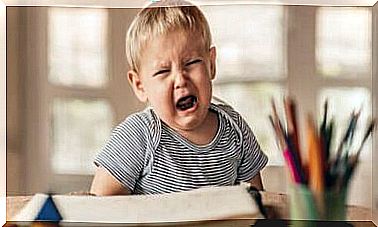How Do You Know If Your Child Is An Indigo Child?
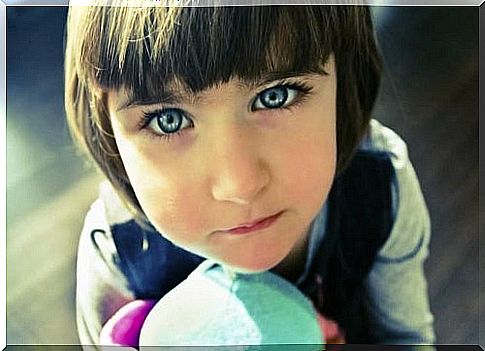
It is difficult to decide whether your child is an indigo child or not, because this term has no scientific basis. The concept stems from a pseudoscientific topic that began to spread in the early 1980s. These children are thought to be the product of intellectual and spiritual evolution, which is reflected in behavior different from that of the time.
Not all parents wonder if their children are indigo children, because the concept is not yet widespread enough.
Only those familiar with this term begin to wonder if there are indigo children in their family and are likely to begin to link the characteristics to people they know or even to themselves. Nowadays, we haven’t seen an increase in these children, but there are more people seeing indigo children where, in reality, there aren’t.

How to distinguish an indigo child
Not all children with indigo characteristics are. Often these are similarities born of the way they were raised or the environment in which they live. If you suspect your child is an indigo child, you may be able to find an answer by analyzing these characteristics.
Indigo children:
- They are intuitive. This aspect has to do with a different brain structure, which helps them perceive details that others miss.
- They manifest a clear and great self-confidence. In general, this trait makes them appear arrogant or gives them a certain air of superiority.
- They have a great imagination. They show high levels of creativity in everything they do. The usual activities bore them, as they do not give them a chance to let their immense imagination fly.

- It is difficult for these children to follow orders or get along with authority figures. They are considered independent in their actions and decisions.
- They have great intelligence, they are capable of solving technological problems or things that are incomprehensible to adults.
- They manifest characteristics typical of hyperactive children such as sleeping little, not needing to rest and sometimes they stomp their feet and cry insistently.
- In general, they don’t like going to school. This is due to their independence, not being able to receive instructions and follow routine.
- It is often difficult for them to relate to classmates and other children: they are so different that empathy is impossible. It is thought that an indigo child can only make great friends with others like him.
- Nothing seems to be right for them, because they are different and capricious.
- They are very frank and ask for full explanations about anything.
- Some are rebellious and strive only to accomplish what interests them.
How to raise an indigo child
There is no test to diagnose an indigo child, but it is not entirely necessary either. It is not in fact a disease or a condition that needs to be remedied. The only complication for parents is not knowing how to raise them or how to treat them. The most important thing is to be tolerant and loving with your children, whether they are indigo children or not.
It is essential to nurture their desire to learn and foster the development of their skills. Wrong behavior towards them can frustrate them. They are in fact very sensitive and, in general, misunderstood by parents who do not share their emotional characteristics.
